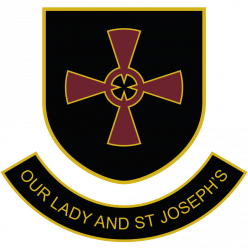Mathematics includes specific aspects of numeracy which will be developed both in mathematics and through activities in other areas of the curriculum.
Putting mathematical knowledge and understanding to constructive use has been one of the decisive factors in shaping societies.
Engineering, science, technology and business rely upon mathematics and continue to find new applications for mathematics.
Cultural development and artistic endeavour are influenced by mathematics.
Each of us uses mathematical skills and concepts in everyday life.
To face the challenges of the 21st century, each young person needs to have confidence in using mathematical skills, and Scotland needs both specialist mathematicians and a highly numerate population.
Learning through mathematics enables children and young people to:
· develop essential numeracy skills, including arithmetical skills which allow them to participate fully in society
· develop a secure understanding of the concepts, principles and processes of mathematics and apply these in different contexts, including the world of work
· have an understanding of the application of mathematics, its impact on our society past and present, and its potential for the future
· establish firm foundations for further specialist learning, including for those who will be the mathematicians of the future.
Putting mathematical knowledge and understanding to constructive use has been one of the decisive factors in shaping societies.
Engineering, science, technology and business rely upon mathematics and continue to find new applications for mathematics.
Cultural development and artistic endeavour are influenced by mathematics.
Each of us uses mathematical skills and concepts in everyday life.
To face the challenges of the 21st century, each young person needs to have confidence in using mathematical skills, and Scotland needs both specialist mathematicians and a highly numerate population.
Learning through mathematics enables children and young people to:
- develop essential numeracy skills, including arithmetical skills which allow them to participate fully in society
- develop a secure understanding of the concepts, principles and processes of mathematics and apply these in different contexts, including the world of work
- have an understanding of the application of mathematics, its impact on our society past and present, and its potential for the future
- establish firm foundations for further specialist learning, including for those who will be the mathematicians of the future.

